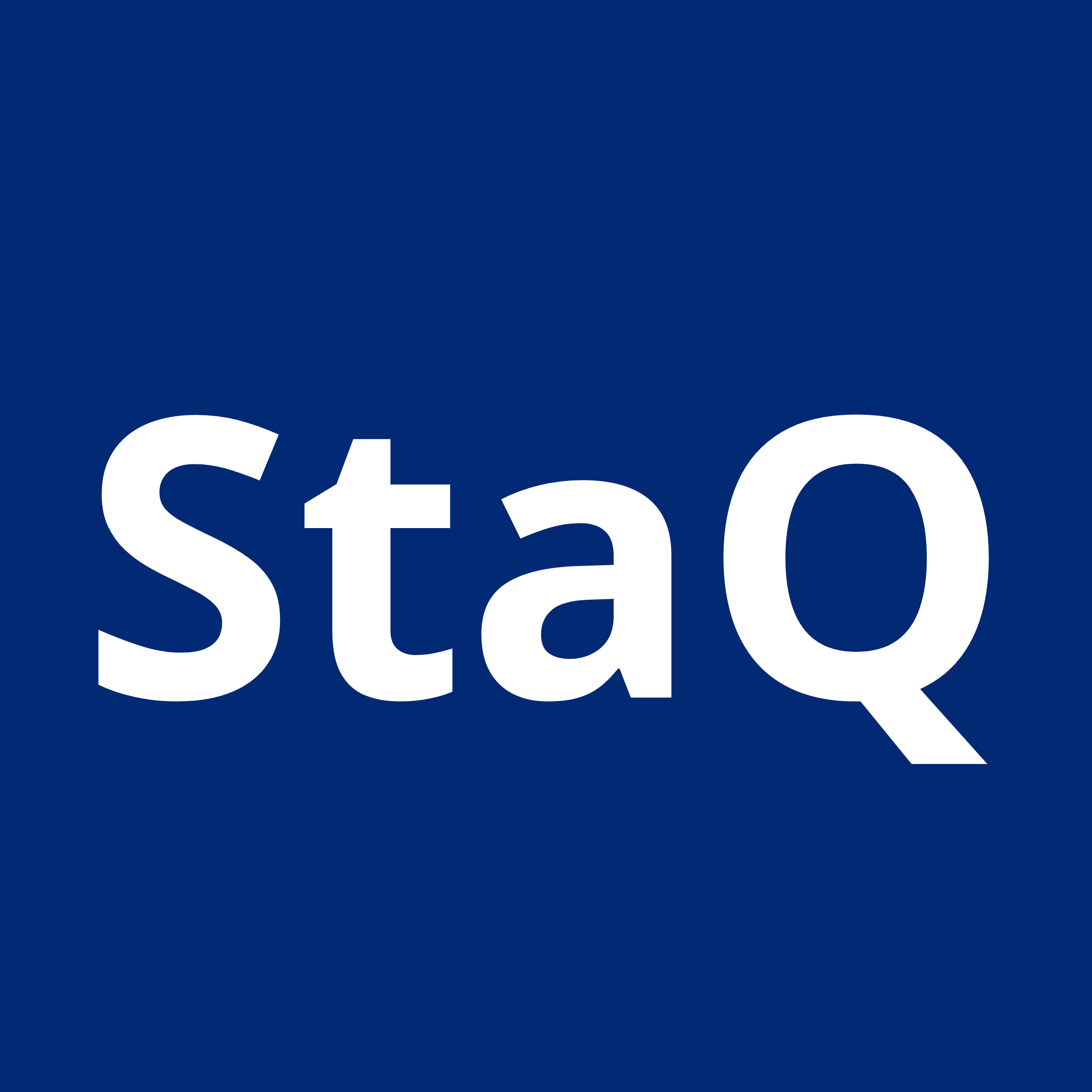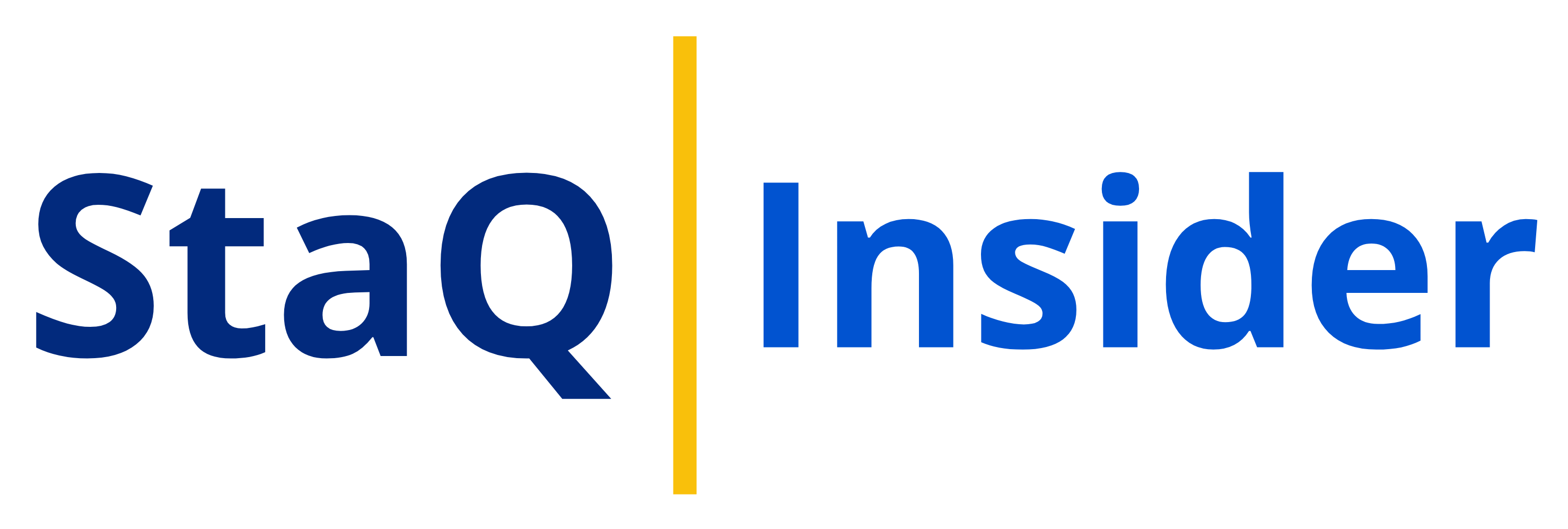Data breaches are no longer a rarity; they’ve become the norm. As businesses continue to move to the cloud, the risks have grown exponentially. That’s where cloud security and solutions like SIEM come into play, acting as your frontline defense. These tools ensure your data stays private and that your business remains compliant with industry regulations, without giving you a constant headache. Let’s dive into how the right tools can protect your sensitive information and give your business a competitive edge.
Why Cloud Security is Crucial
First off, what is cloud security? Simply put, it’s a specialized branch of cybersecurity focused on protecting your data, applications, and services in the cloud. As more companies shift to cloud computing, traditional security measures have evolved, incorporating advanced encryption techniques to keep your information safe. But why is this so critical? The truth is, without robust cloud security, your business could be vulnerable to data breaches, which are more common than ever.
The Power of SIEM in Cloud Security
This is where Security Information and Event Management (SIEM) solutions really shine. Imagine having a system that constantly monitors your network for suspicious activity, analyzes security data, and alerts you to potential threats—all in real time. That’s what SIEM does. It’s like having a security team that never sleeps, ensuring your data stays protected. SIEM systems are vital for detecting and responding to security threats before they can cause serious damage. So, if you’re serious about protecting your business, SIEM should be a key part of your cloud security strategy.
Keeping Out Unauthorized Users: Strong Passwords and MFA
Of course, no discussion about cloud security is complete without mentioning strong passwords and multi-factor authentication (MFA). These are basic but crucial steps. Think of a good password manager like LastPass as your first line of defense, helping you create and manage complex passwords. But passwords alone aren’t enough these days. That’s why MFA is essential. Tools like Duo Mobile add an extra layer of security, requiring multiple forms of verification to access your cloud services. This makes it much harder for unauthorized users to get in.
Network Admission Control: Your Gatekeeper
Another critical aspect of cloud security is Network Admission Control (NAC). NAC acts as a gatekeeper, ensuring that only authorized devices and users can access your network. It enforces security policies before any device connects, reducing the risk of unauthorized access. It’s like having a bouncer at the door of your cloud environment, only letting in the right people.
Why Compliance Matters
Staying compliant with industry standards like ISO 27001 and PCI Data Security Standards (PCI DSS) isn’t just about avoiding fines—it’s about protecting your business and your customers. Compliance ensures that your cloud environment meets the required security benchmarks. And if you’re handling government data, FedRAMP certification is a must. These standards might seem like a hassle, but they’re there to make sure you’re doing everything you can to keep data secure.
Choosing the Right Cloud Security Solutions
In today’s world, where threats are constantly evolving, choosing the right cloud security solutions can make all the difference. Leading companies like Palo Alto Networks and Netskope are at the forefront of cloud security, offering tools that protect against modern threats. And don’t forget about Laceworks—their platform provides comprehensive security for your cloud environment, from threat detection to compliance management.
Why You Need Experts on Your Team
While the right tools are essential, having the right expertise on your team is just as important. Hiring professionals with certifications like Certified Cloud Security Professional (CCSP) or CISSP ensures that your cloud security strategies are not only effective but also up-to-date with the latest industry standards. These experts know how to leverage tools like SIEM to keep your data secure and your business compliant.
Conclusion
In a world where data breaches have become commonplace, robust cloud security isn’t optional—it’s essential. By leveraging the right software, enforcing strong security practices like multi-factor authentication and encryption, and adhering to industry standards, your business can protect itself from the growing threats in the cloud. And with tools like SIEM on your side, you can rest easy knowing your data is safe, your compliance is covered, and your business is ready to thrive.
By carefully evaluating these factors, you can choose a cloud security software solution that keeps your data safe and your business running smoothly.
Don’t waste time on software that doesn’t fit your needs. Let StaQ.ai guide you to the perfect cloud security solution. Visit StaQ.ai to learn more!




